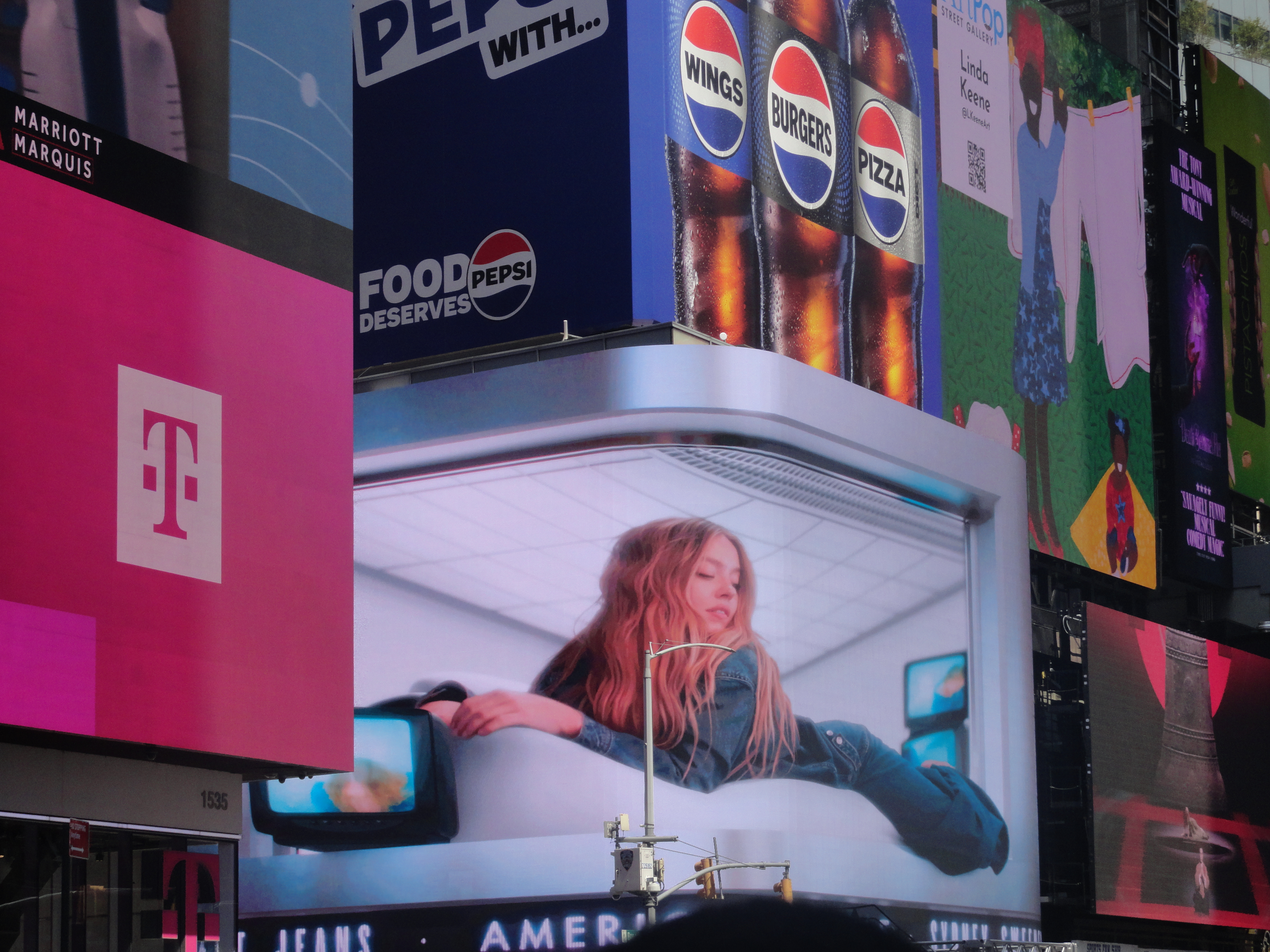On Cosmetics and Appearances: Analyzing the Hierarchy of Looks
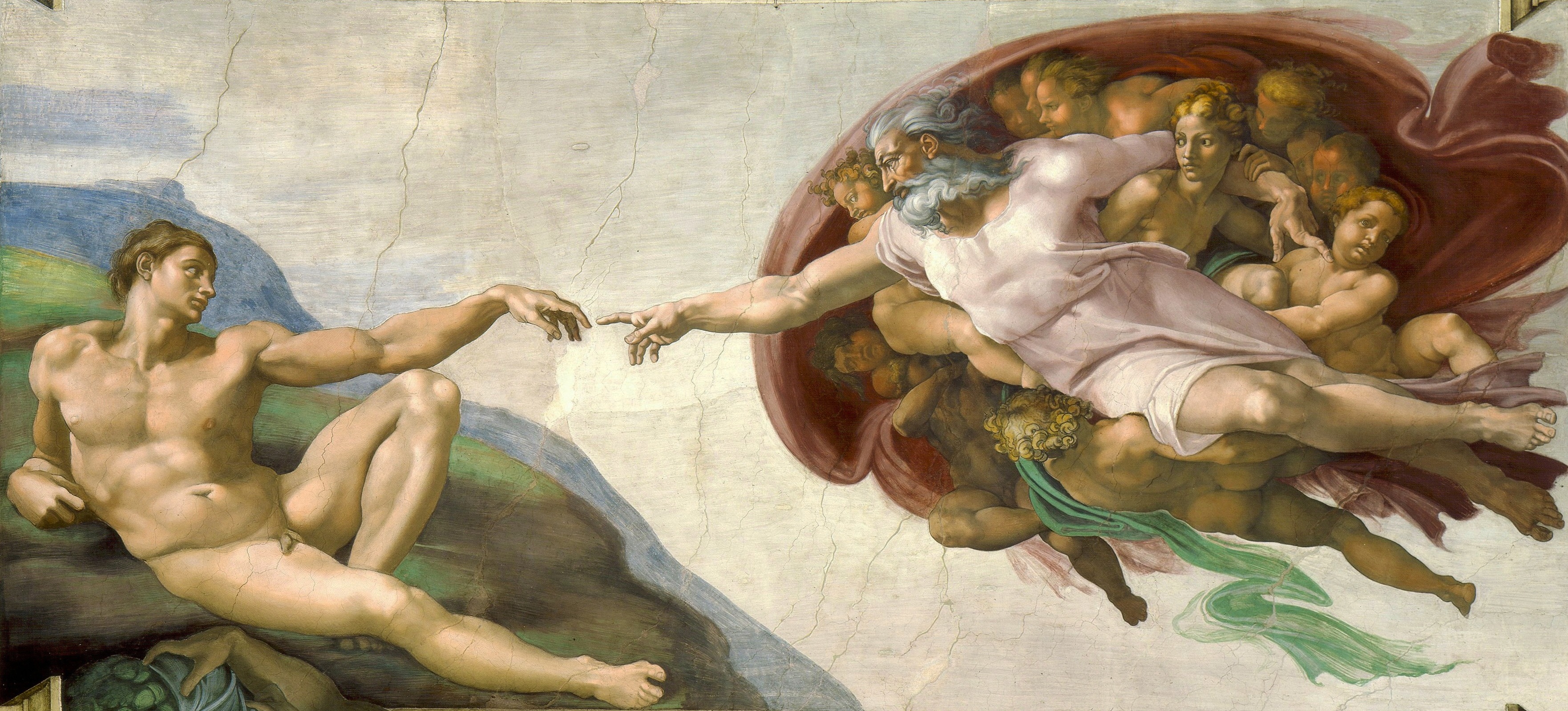
The desire of humanity to reach godliness has always been prevalent. (“The Creation of Adam” by Michelangelo)
We live in an age of the Brazillian Butt Lift (BBL), rhinoplasties, BOTOX, leg lifts, breast implants, limb lengthening, cortisol face, looksmaxxing, negative canthal tilt, prey eyes, mewing, lip filler, steroids, facial symmetry, “mewtwo builds”, and much, much more supposed failures of the body present to keep us from the angelic, perfect beauty we so gracefully deserve alongside the many treatments, ointments, procedures and otherwise body modifications we buy, buy, buy in vast excess to supposedly fix them.
This desire to be perfect is not new, by any means. Humanity has held an insatiable desire for overwhelming beauty for as long as we have been around, as after all, we humans are inherently attracted to all things beautiful. As such, why would beauty of our own not be the greatest beauty of all, the strongest of which for us to seek. It’s natural to assume the overarching goal of every individuals life as the pursuit of their happiness, and subsequently, it’s natural to see the pursuit of beauty as a facet of the pursuit of this happiness.
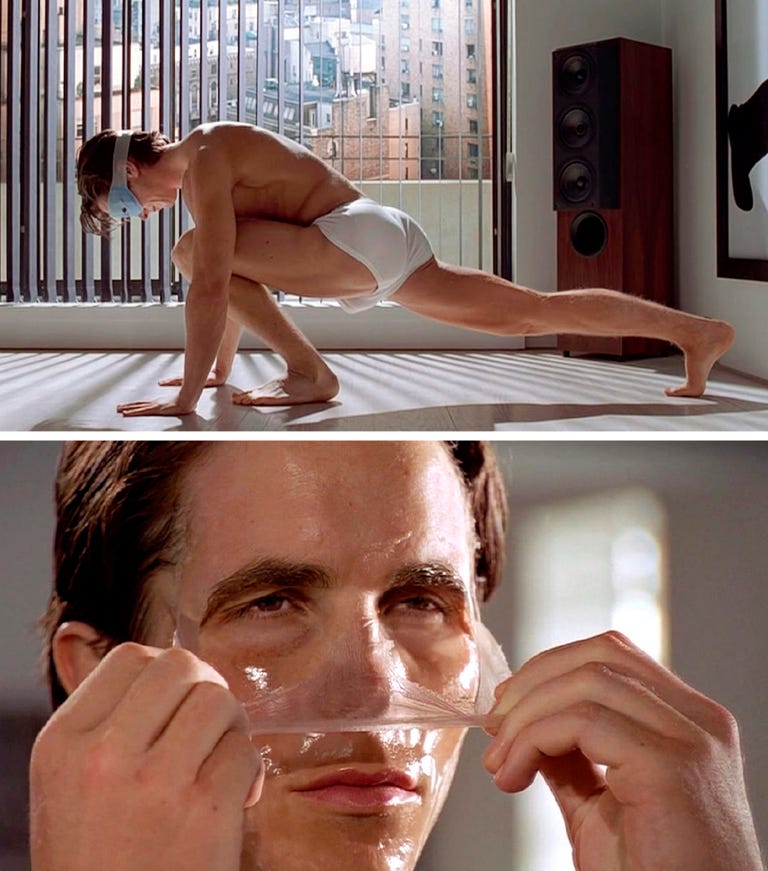
Paterick Bateman from American Psycho’s Daily Routine to “Fit In.”
And it’s no secret as to why it’s so prevalent today as opposed to even as little as a decade ago. Momma was right, it’s that damn phone, sort of. Social media and instantaneous digital connection has produced a new and world-changing system wherein everyone has the ability to observe the cherrypicked highlights and greatest features of the lives of others, especially celebrities and major personalities, and in the rise of this system of easy and instantaneous observation of only the best qualities of others, we’ve naturally seen a rise in a culture of constant comparison leading to rampant feelings of inadequacy.

Source: “Structure–Attribute Social Network Graph Data Publishing Satisfying Differential Privacy” by Zhou et. al
We are constantly watching each other, and in particular, we’re watching how we measure up. The online world is something of a massively-multiplayer dick-measuring contest, the kind of which everybody loses, and the main source of fuel being thrown onto this fire is the usual suspect: the immense amount of profit generated off of these issues. The female beauty industry is the greatest example of this, as a multi-billion dollar industry [1] that is notorious for its ability to invent profit off of the insecurities of women by both advertising the look of the ideal woman while simultaneously selling the solution.
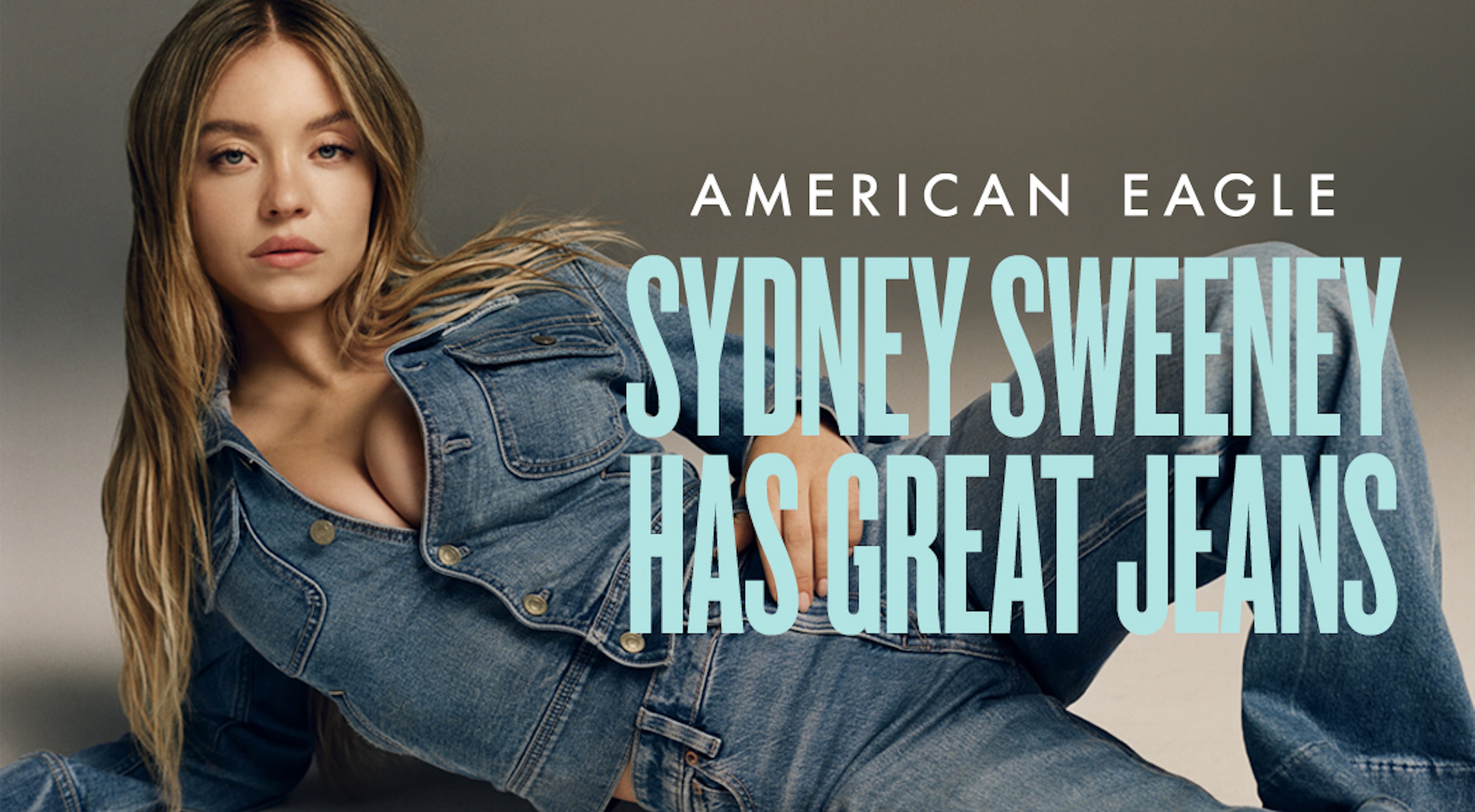
A recent, highly controversial advertisement of Sydney Sweeney with American Eagle, stating that she has “great jeans” as an advertisement for some jeans.
If you want to look to even the most recent day, look no further than this recent, uber-controversial advertisement of Sydney Sweeney, a famous actor and sex symbol hailed as an incredibly attractive woman, wherein it states that she has “great jeans” (a nod to “great genes” as in biological/genetic composition).
Hell, even further, certain video versions of the advertisement have a major focus on Sweeney’s blue eyes (supposedly to match with the blue denim), and this undoubtedly seems like an even further nod to her white skin and blonde hair, all beauty standards pushed by Nazi ideology for the ideal, highest-class Aryan peoples. Now just think, this advertisement clearly promoting the historically fucked-up mindset of Nazi eugenics, which contains in itself a notoriously exclusive (and largely unrealistic and unscientific) beauty standard, is being promoted to millions of people worldwide, particularly young, impresisonable audiences, disseminated through all kinds of new-age digital means: television, instagram reels, spotify advertisements, public megascreens, and so on. I even managed to get a picture of it being displayed right out in the middle of Times Square about two days ago:
People everywhere, including any person with so much as a minor connection to the wider world in the form of the internet, are being fed messages of their inadequacy constantly, from music to advertisements to television to social media posts, and so on, and it’s all because of the immense amount of money to be made in selling solutions to these manufactured problems.
Repeat after me, everyone, you cannot “fix” your body! (Barring clear illness or clear physical problems.) You cannot “fix” the size of your penis, your canthal tilt, your wrist size, your baldness, your nose, your cup size, your body type, the shape of your ass, the pattern of your eyebrows, and so on. And it’s all because your body isn’t broken. You aren’t ugly because you have an ethnic, non-beauty-standard-shaped nose (so you certainly don’t need a rhinoplasty), or if you’re under six foot tall (so you certainly don’t need leg-lengthening surgery), or if you think your breasts or ass aren’t sexually appealing enough (so you certainly don’t need an implant or BBL), and so on. Feel free to do whatever you please with your body, modify it as much as you would like, but only if you are certain that this is what you actually want for yourself.
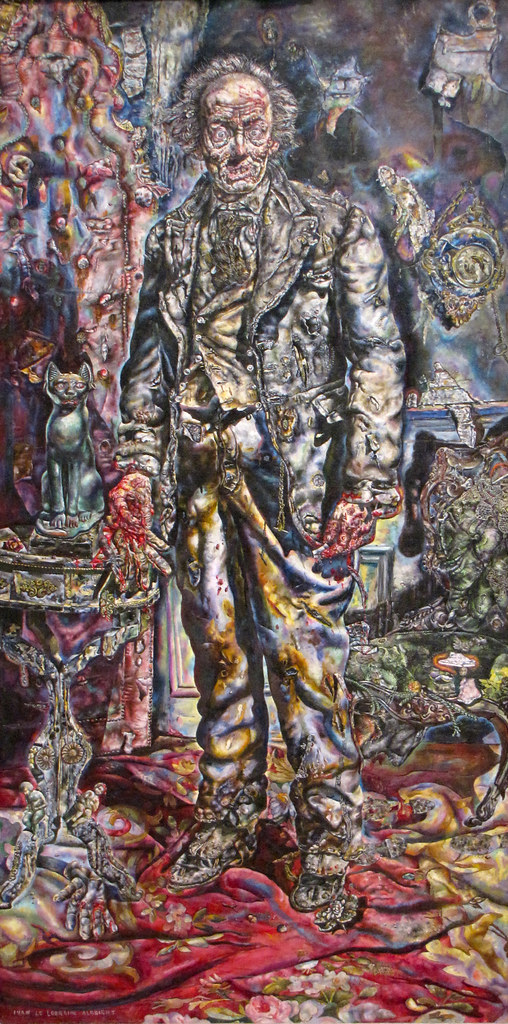
Behold, the beauty standard! The beautiful, the magestic, Lord Dorian Gray! (by Ivan Albright, 1943/44, Art Institute of Chicago)
Human bodies aren’t fucking inherently broken. Nobody is. We’re all equally insecure and scared in this odd world of everyone searching for perfection. People, at a societal level, are so deeply attracted by hierarchy as the solution to situations of uncertainty (as, of course, social hierarchy is how we brought ourselves out of the chaos of early humanity), but this chaos of insecurity has led us to view the personal journey toward beauty as a race for perfection, where although we all seem to know, to some degree, that our beauty standards for perfection are impossible due to their constantly changing and highly conflicting nature, we still all opt in to this greater rat race for perfection (one that only leads to assimilation and a loss of individuality, as Patrick Bateman certainly found out in American Psycho). In particular, because we are all kept unhappy in this race, we derive what little solace we can in comparing ourselves to those we believe are beneath us (such as uglier than) in the areas we see as our greatest insecurities, and this mindset only works to reinforce our hierarchy of beauty.
It’s a system of negativity, I’ll tell you. Beauty standards are for chumps. I think we all ought to just pick a person we each want to be, one that isn’t influenced by the profiteering mindsets of executives and influencers and celebrities, and move on from there. I keep asking myself, almost every single day, what the hell are we doing? It’s like we’ve devised a system of intentional unhappiness on an international scale, the kind we all vote for with our dollars, our purchases, and our bodies, and to end on a sour note, I’m starting to get a bit worried that this is going to be a theme.
[1] “The Beauty Industry’s Boom” by Paris Carter link
If you like my posts, feel free to subscribe to my RSS Feed.
